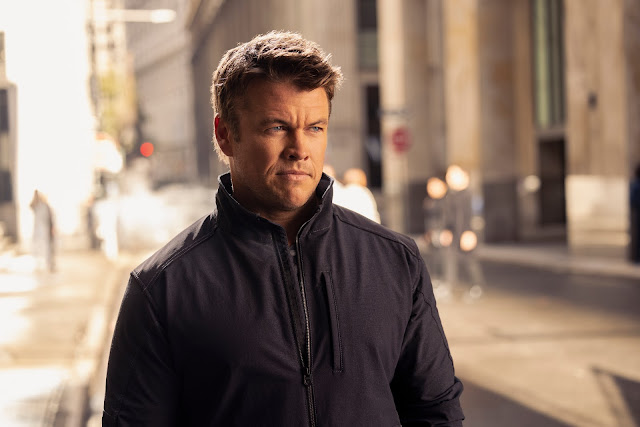Despite a lull in velocity, the episode gives us a better sense of what the human world has become in the 23 years since Charlotte Hale (Tessa Thompson)’s takeover, localized within a futuristic New York City. The season is nearing the edge of nihilism, hinting at an outlook where humanity will inevitably be replaced, or at least controlled, by the machines they glorify. Perhaps it’s more of a warning that in Westworld, human beings are just cattle, used as only a means to an end for the corporation they unknowingly serve, while in the meantime fulfilling pointless loops that make up their daily lives.
While making a group of humans dance and play piano for her, Charlotte launches into one of this episode’s many long speeches about the nature of reality, and everyone’s place within it. Westworld has done this in past seasons, but the concept is getting a little tiring in the sense that there is no concept. These are very general discussions, and while they’re getting progressively specific, we’re beginning to tread on ground that will be very familiar to long-term fans of the show. I still love Westworld, but I think we’re getting to a place where we need to keep diversifying its themes, lest we end up in the same place every time.
 |
| Image courtesy of HBO |
In lieu of a focus on them, though, we finally learn more about Evan Rachel Wood’s new character, Christina, including how she fits into the aforementioned scattered timeline and exactly what she is. Though her role in the story isn’t made crystal clear just yet, she realizes she has abilities that eerily echo those of Wood’s previous character. There aren’t any explicit hints she’s related to Dolores, but there has to be an in-universe reason why the two are physically identical, and I have a feeling that one will be revealed sooner rather than later.
 |
| Image courtesy of HBO |


No comments:
Post a Comment